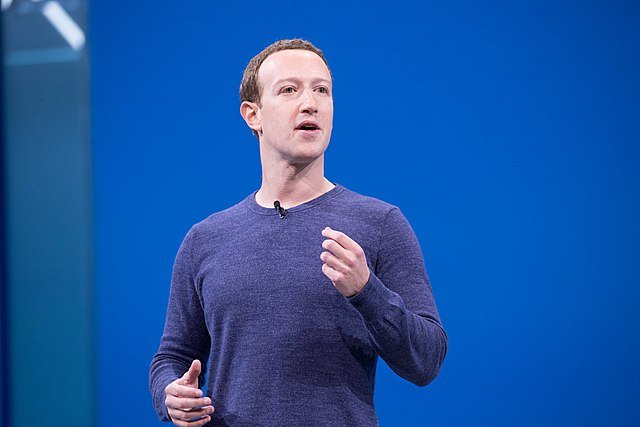by Luca
Everyone uses social media, we all know it. But what some people don’t realize, are the effects it has on you and others. Social media changes who you are and the way you think.
Social media can lower your grades for a few reasons. Teens constantly go on social media to have fun, and eventually this becomes a habit or addiction. Teens then start going on social media while they’re in school. Not listening to their teacher, they don’t learn anything, lowering their grades.
Cyber bullying is another big issue that affects teens grades, and more importantly, their health and mental well being. Teens can get bullied over social media, “cyber bullying”, and this can make someone depressed if they aren’t sure how to deal with the issue. This can also lead to lower grades.
Teens get easily addicted to social media, and there is also a scientific reasoning to this. It opens your concentration of dopamine, activating rewarding centers in your brain. While using social media, the secretion of the aforementioned hormone increases creating an irresistible addiction.
But there are some benefits to social media, for teens and for adults. For example, you can text your friends through Instagram, Snapchat, or other platforms. You could text them through the text app on your phone, or just call them. But some people are not able to text or call on their phone because you just pay for these features, whereas social media is free.
You can also find people on social media platforms. If you have a friend that you lost contact with, you could search their name up on Facebook and try to find them. This works most of the time since so many people have social media.
Did you know that 98% of teens, ages 13-17, use at least one social media platform? 45% of those 750 students who took the survey are on social media every day, according to “a 2018 Pew Research Center survey”.
Without teens, social media platforms would lose a large portion of their users. For Example, on TikTok (a social media platform), 28% of its users, world wide, are under 18. TikTok has earned $1.9 billion in profits (in 2020) with 1 billion people using the platform. TikTok would have lost about $550 million without teens and minors.
Social media also impacts the economy. As I mentioned before, teens are not focusing as much in school because they are on social media instead, causing their grades to lower.Because of their low grades, they can’t go to college or university and are forced to get a lower class job, such as a cashier, or factory worker. But, without these people working in factories and as cashiers, society would not be able to function and the economy would go down dramatically.
In conclusion, social media has its pros and cons. In my opinion, everyone should have the right to use social media, but they all should have their limits.


